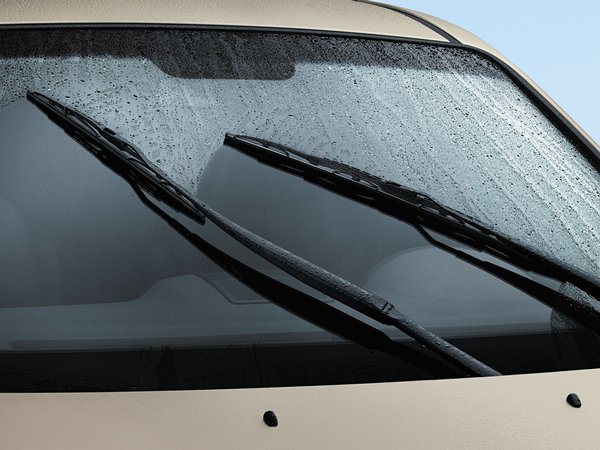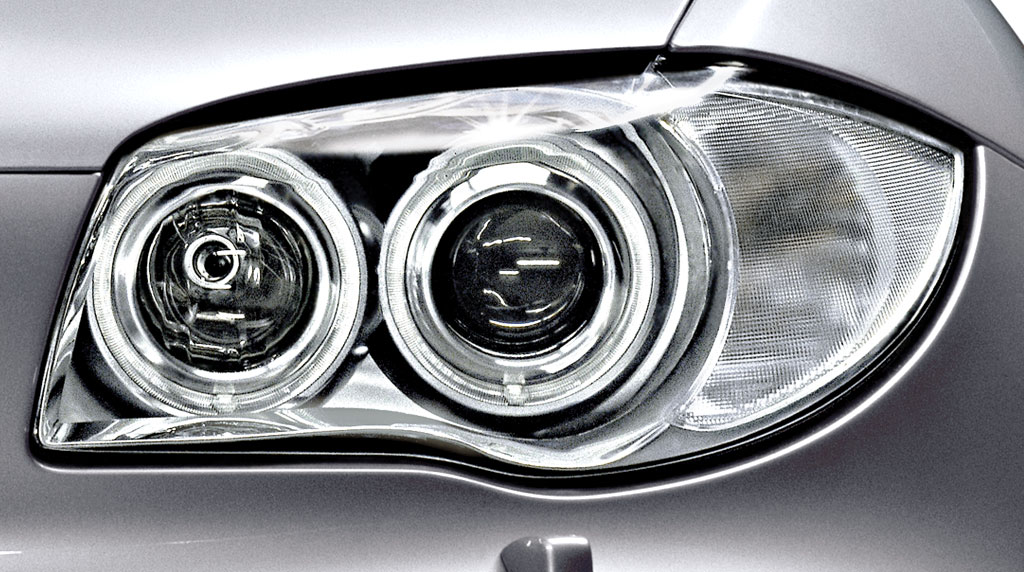Posted on 10/10/2016
Wiper BladesThe Importance of Windshield Wiper Blade Replacements (Part 2)It’s not just about safety and possible accidents There is another factor that’s rather important to many: aesthetics. That’s right; a lot of us are extremely sensitive when it comes to our car’s looks. We want them to be at their best not just from a mechanical, but also from an aesthetic standpoint. It is often the number1 priority in choosing to purchase an automobile. A lot of us want to drive good looking cars and there is nothing shameful about this. What are the main characteristics of a car that will determine its looks? You have the design itself of course, the size, the shape, the wheels and the lights, then of course the windshield as well. Not just its size and shape what’s important, but also how clean it is. You can take care of it by washing it regularly of course, but a quality wiper should always be a part of your setu ... read more
Posted on 10/7/2016

Wiper BladesThe Importance of Windshield Wiper Blade Replacements (Part 1) It's not just about the engine or the tires, but every little moving part that makes the car perform at its absolute best. For this to happen, it needs care, it needs you. Your windshield is one of the underrated components of your car, a component that's responsible for your visibility and also, your general safety while driving. Let's take a look at the various reasons why replacing your windshield wiper blade replacement is so important. Safety is first and foremost A large percentage of accidents happen because of compromised visibility. What can cause this? Usually it's dirty or cracked windshields. Dirt is obvious; it sticks to the surface and directly compromises your visibility. That's not all dirt does, either. The dirt on your windshield can actually weaken its structural integrity over time, making a possible cracking episode &ndas ... read more
Posted on 9/26/2016

What is headlight restoration? (Part 3Headlight Restoration Increases Driving Safety If your headlights are worn or cloudy, then you are taking a huge and unnecessary risk when driving at night. According to a study conducted by the AAF Foundation for Traffic Safety: · 9 out of 10 vehicles on the road have dirty or cloudy headlights, which reduces visibility. These cars need their headlights to be repaired, replaced, and restored. · Many drivers do not know that worn and cloudy headlights are not just ugly, but reduce visibility at night by over fifty percent. According to a recent study by Google and Yahoo, many accidents today are linked to dirty and cloudy headlights that offer ineffective lighting. The headlights are made using plastic, and they are significantly affected by harsh road and weather conditions. The UV rays from Mother Nature, chemicals from the engine, and smog and fumes bring some serious effects on the plastic in y ... read more
Posted on 9/20/2016

What is headlight restoration? (Part 2)Types of plastic headlight restoration The internet usually has a solution for all your problems. It will offer you very many products for DIY headlight restoration, but it is very important to do some research before spending your hard earned money. Many products available online offer to solve this problem, but they end up disappointing you. Most of the products remove the haze for several weeks, but then it comes back. Car washes and some mobile auto dealers also try to offer you headlight restoration services, but these are just short-term shortcuts. If you want your headlights to be restored correctly, we can help. Our professionals they will offer you the repair you need. A professional restoration service will completely eradicate all the scratches and yellowing on the vehicle headlights. We will do more than just a basic headlight restoration by replacing the UV filter that helps in preserving the headli ... read more
Posted on 9/15/2016

What is headlight restoration? (Part 1)Headlight restoration Everyone wants their car running and looking perfect, but this is not always easy. Taking care of the small things in your car before they get out of hand is a good way of maintaining your vehicle. Essential things like washing the car, cleaning the interior, changing the oil and keeping up with the regular maintenance can ensure that the car remains in good shape always. When washing your car, do you notice how the headlights look? Many vehicles have cloudy, hazy, discolored, and scratched headlights. This is very common, even with newer vehicles. Many people don't bother to wash and wax these parts because they never look good after all the effort. After using your car for a while, the headlights become cloudy, and this can result in a significant loss of visibility at night. If the headlights become dull, yellow, or even hazy, you may be endangering your life and those of your passengers ... read more